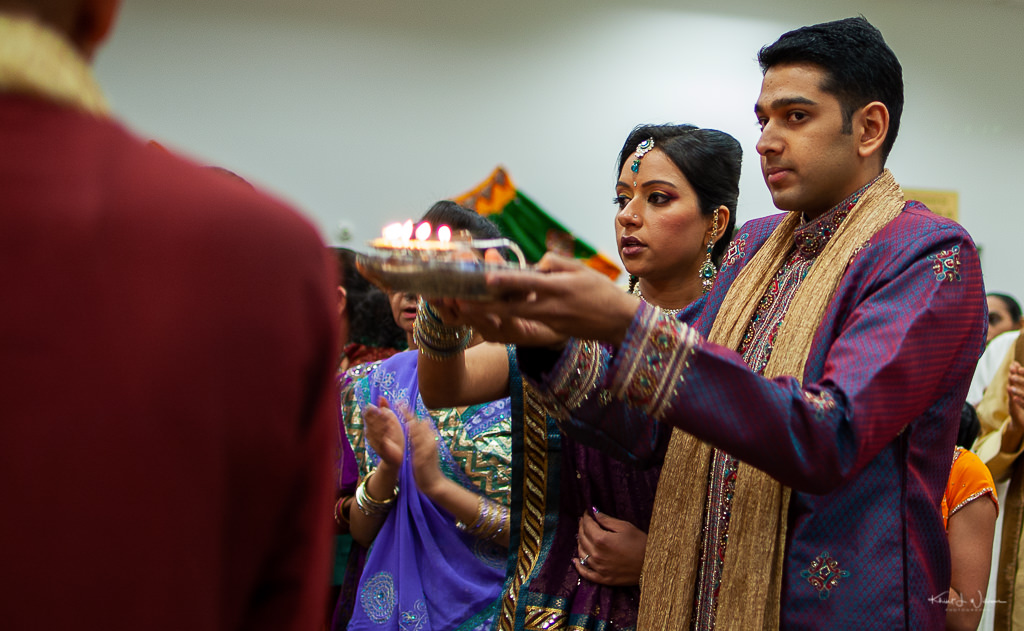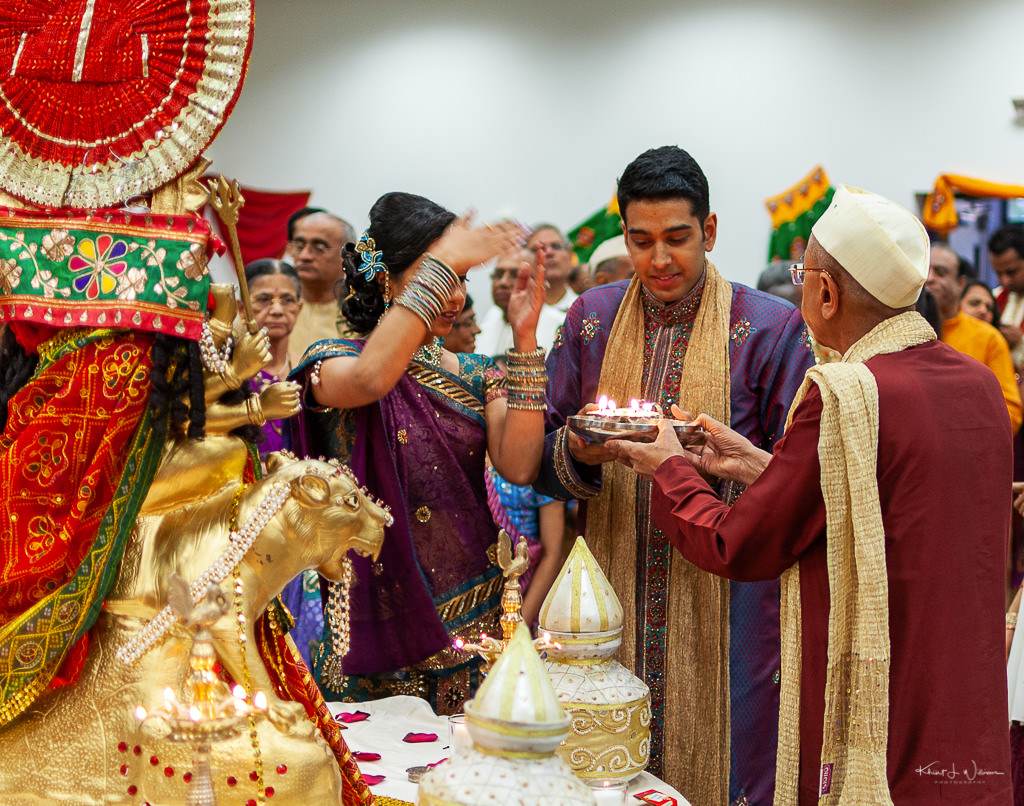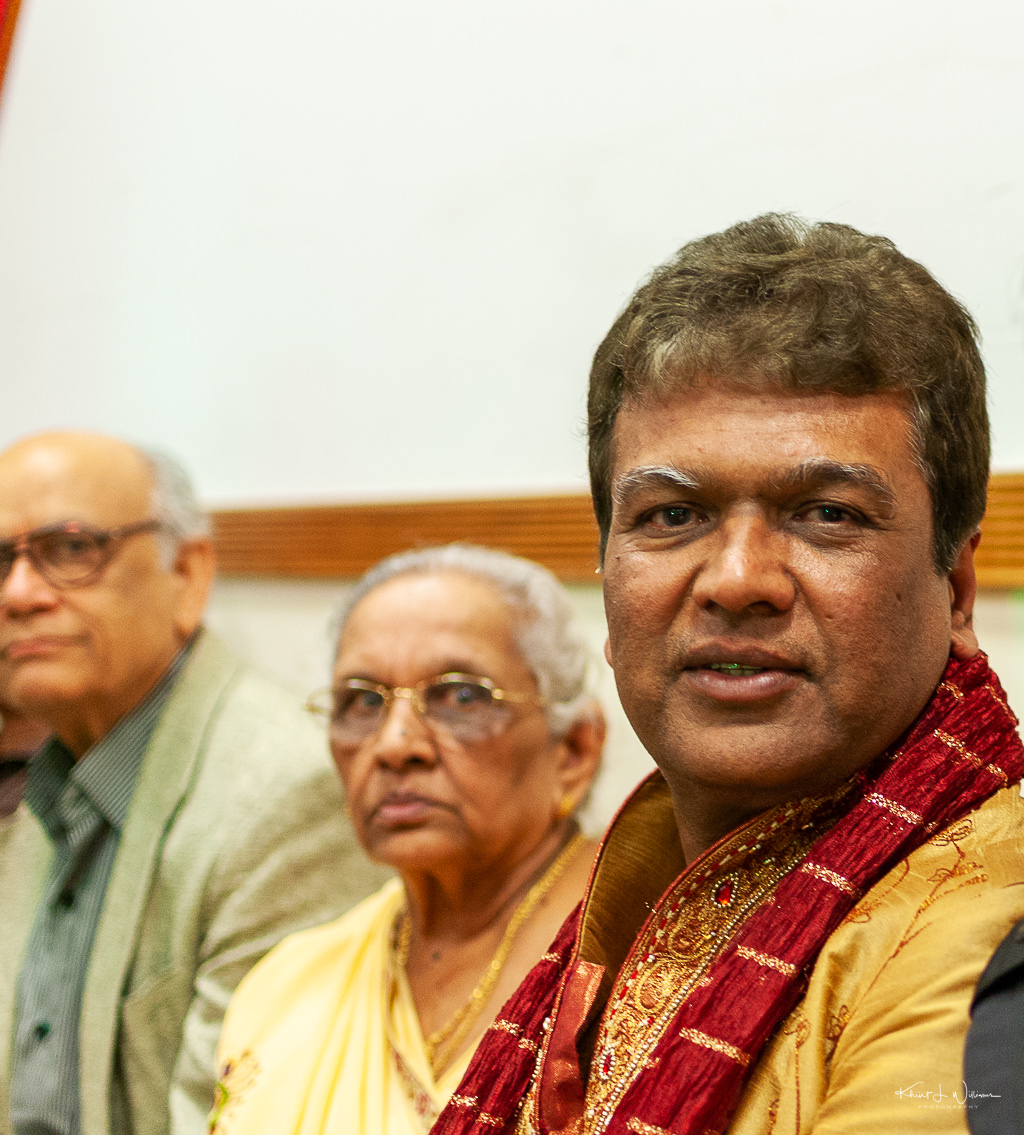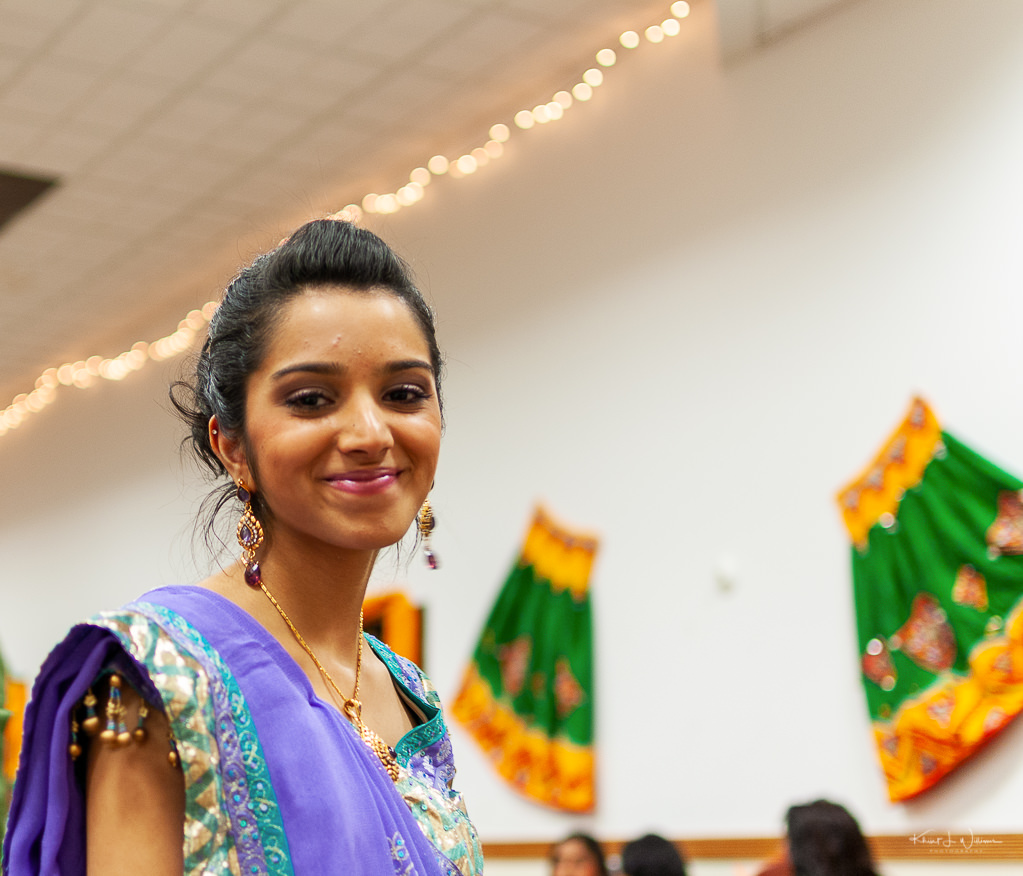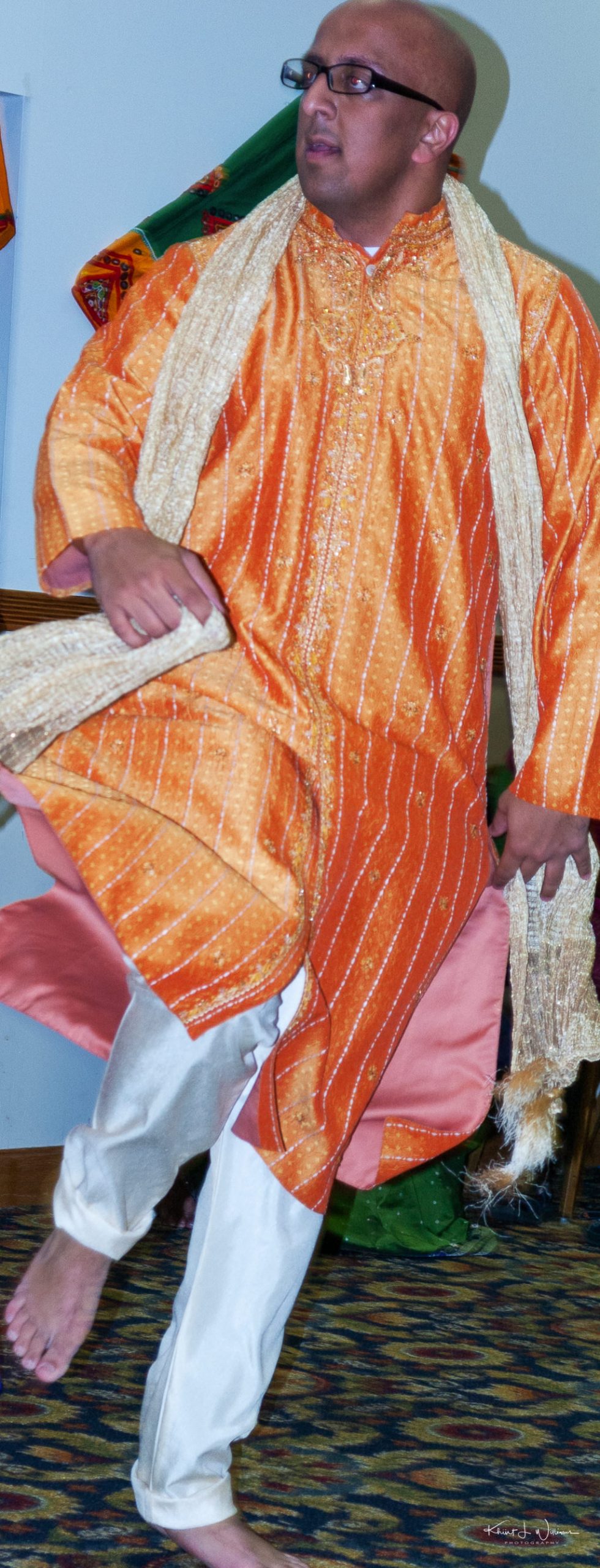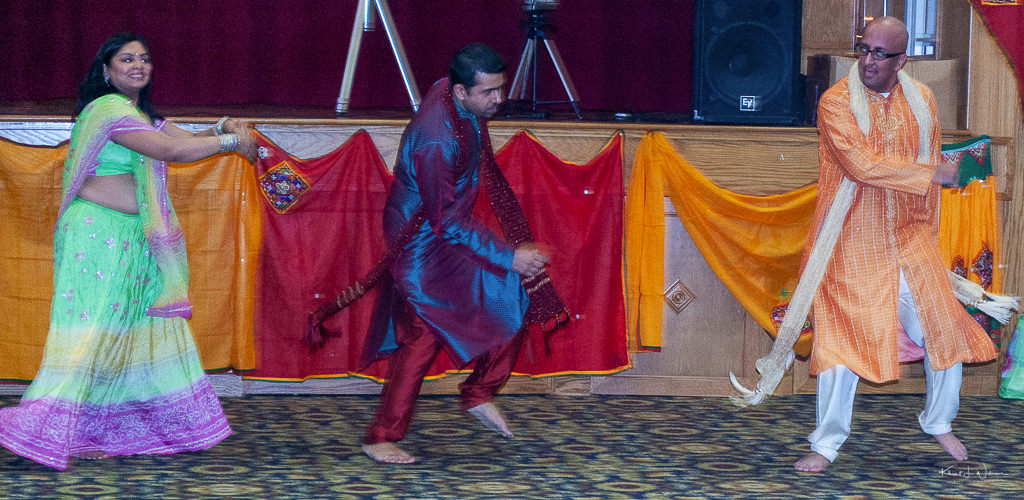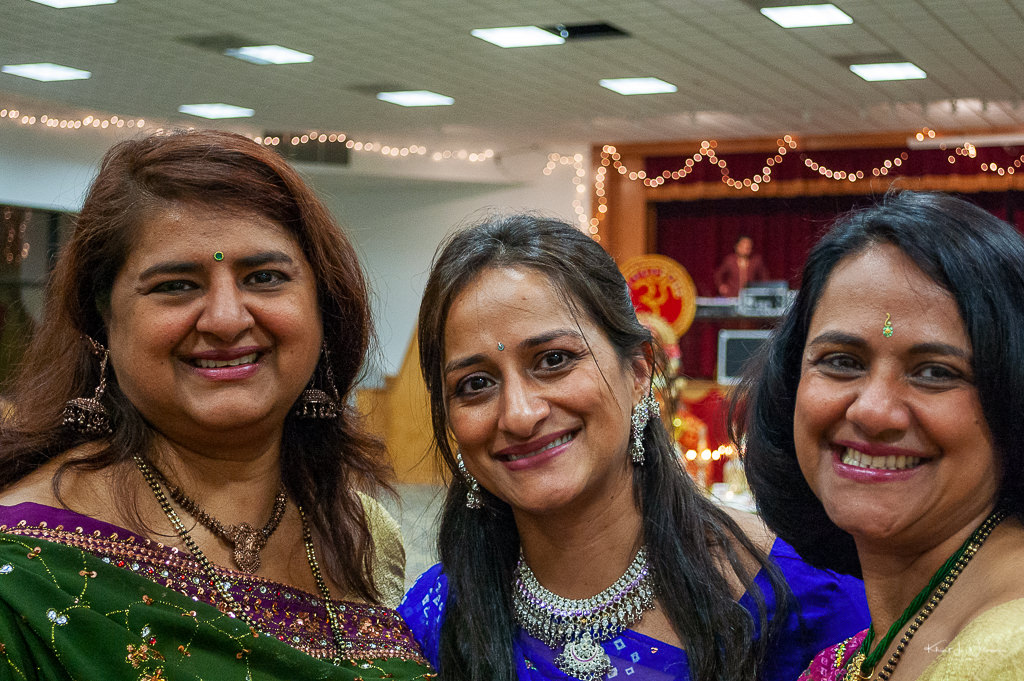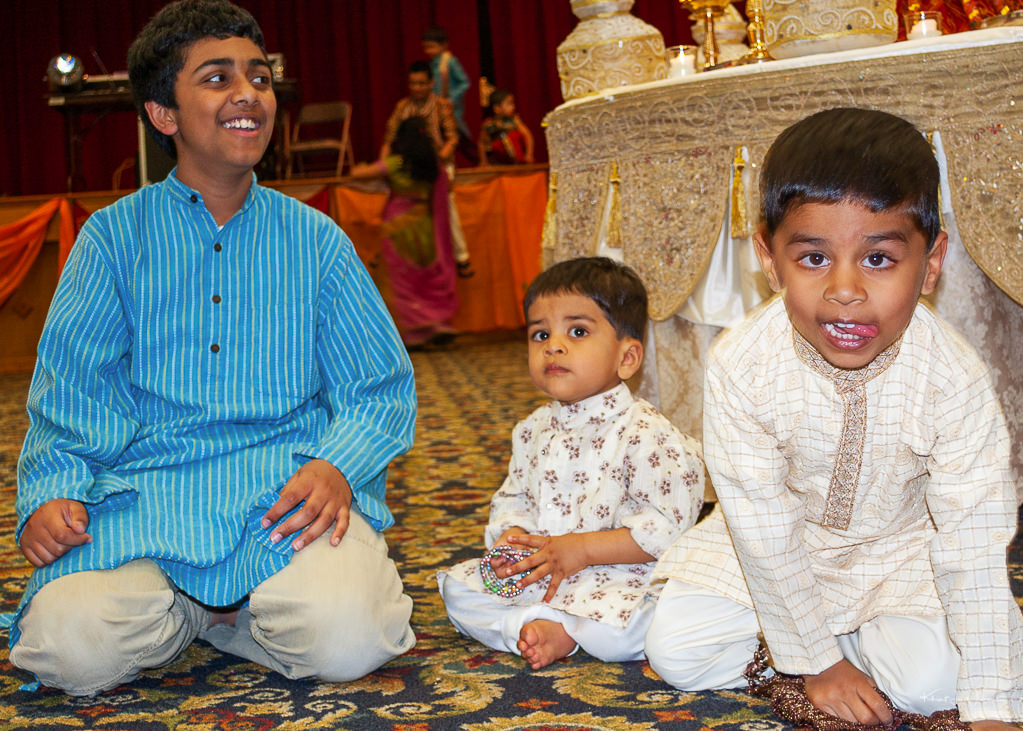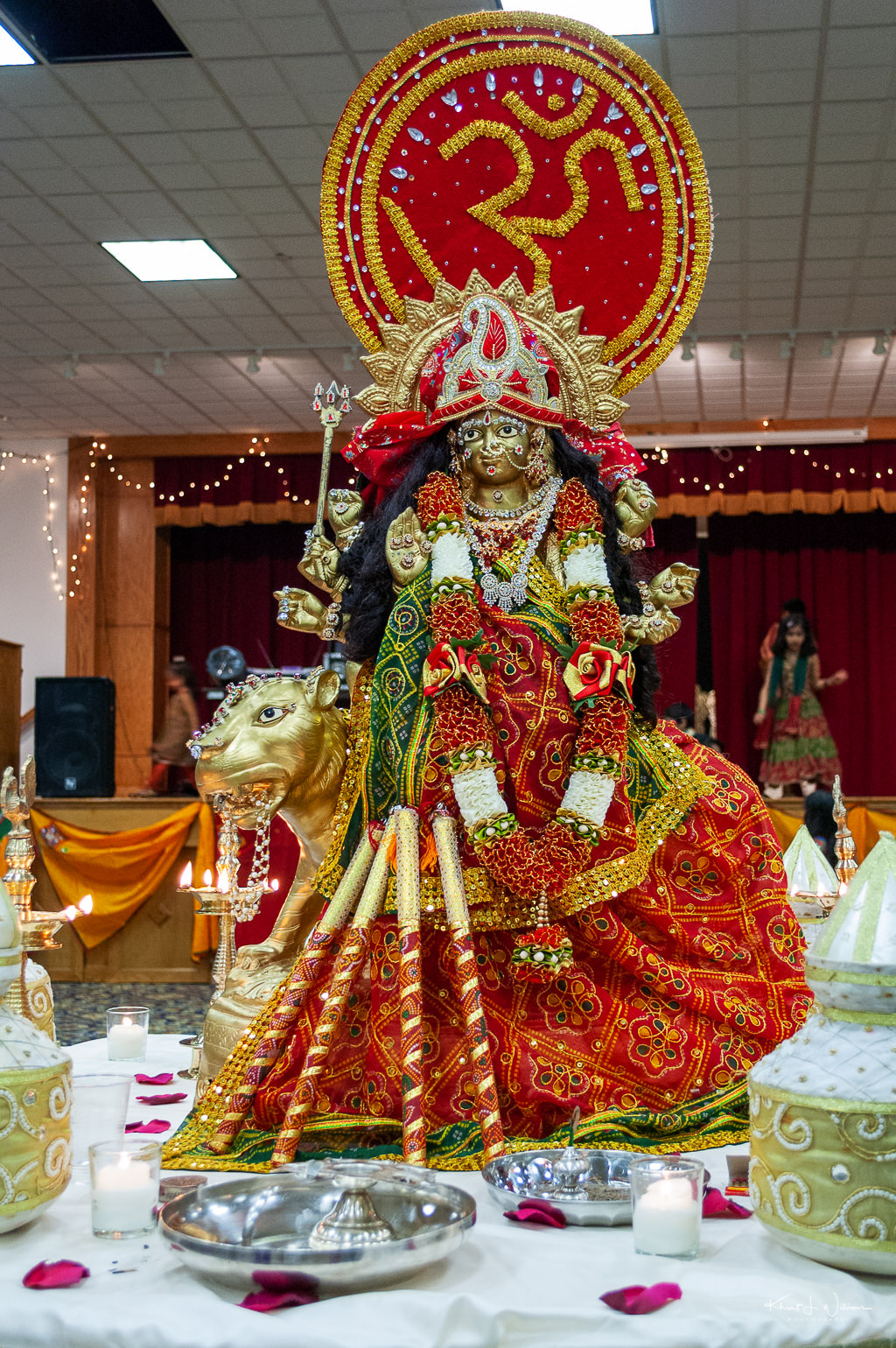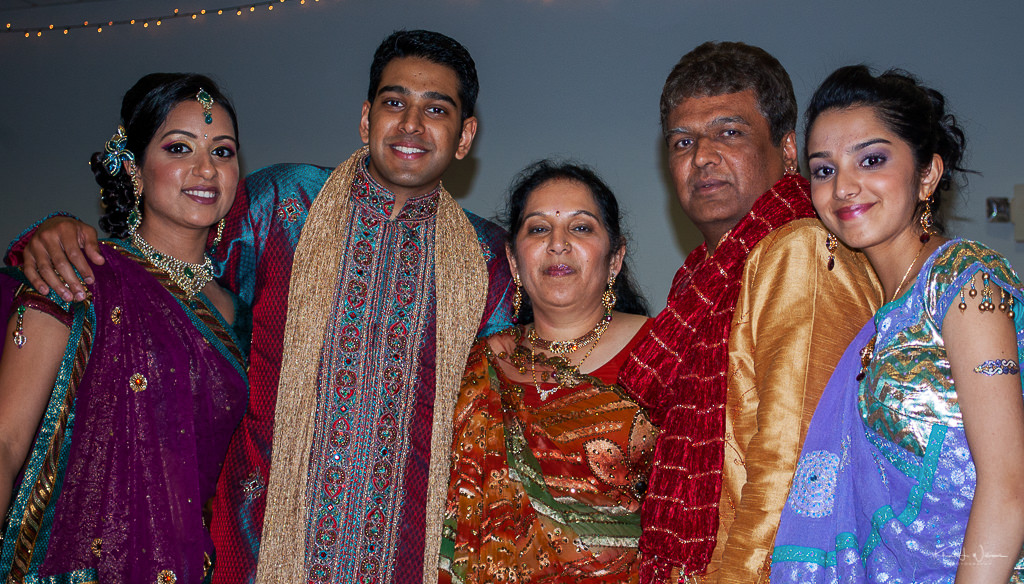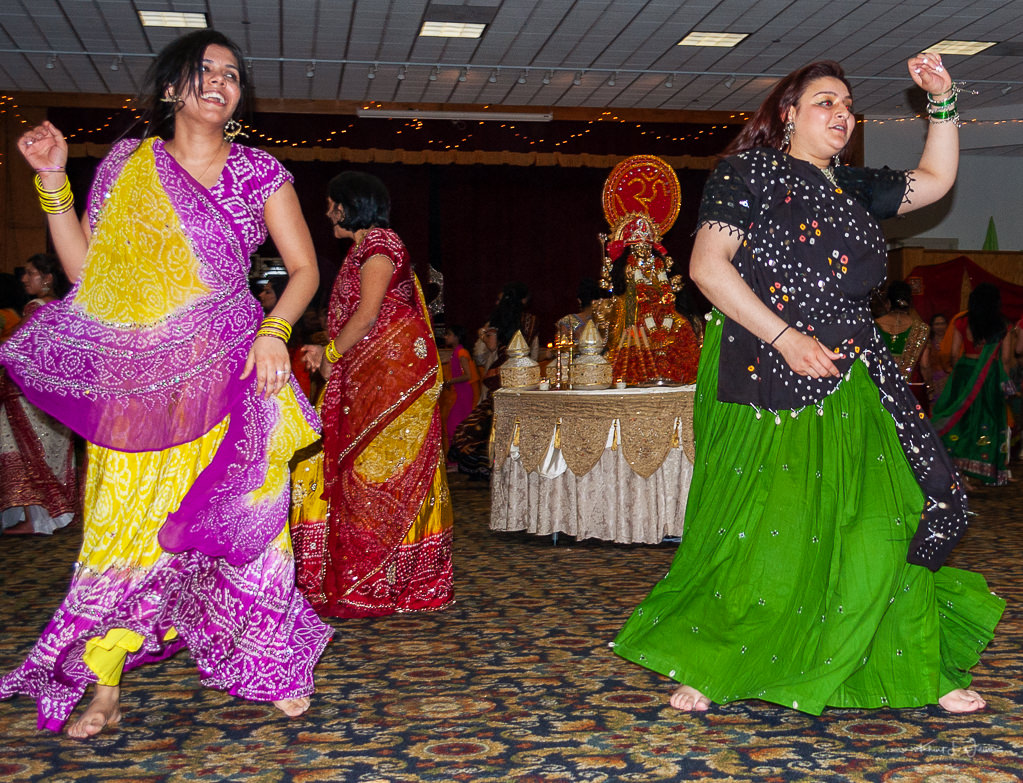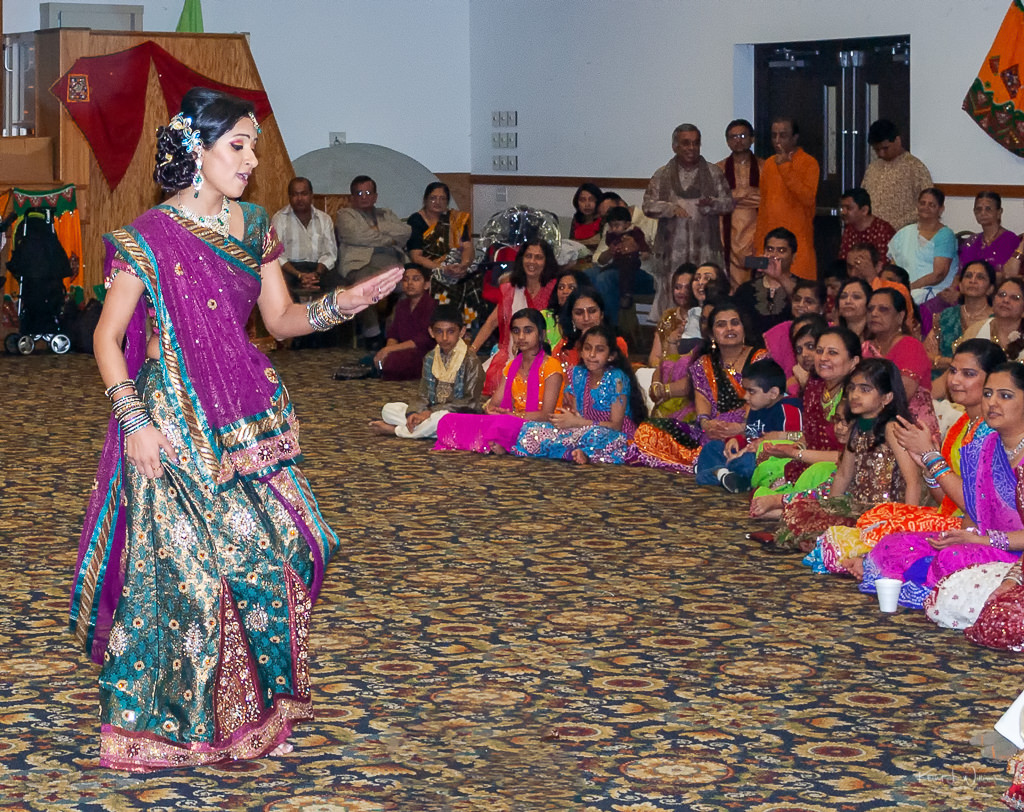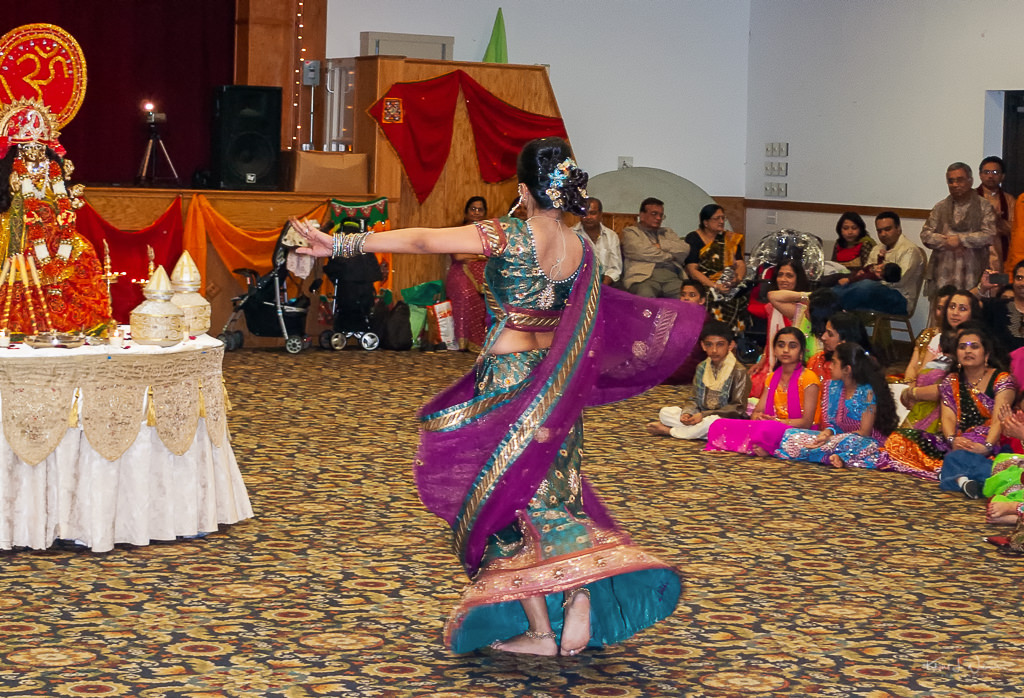Today, I met up with some colleagues to photograph wildlife around one of our employer's campuses. We are entering an annual wildlife photo contest sponsored by the Wildlife Habitat Council through our employer. One photo will be selected for their 2012 calendar. The photos must be of wildlife — flora or fauna — that live in the forested areas on campus. It was a warm day — somewhere in the high 60's °F — and we chatted about random photography related topics ( Aperture vs Lightroom, lenses, camera formats ) as we walked the two-mile loop road around the campus.
We did not spot much wildlife although we could hear a cacophony of bird calls. What was also strange for this time of year is that we spotted no deer or squirrels. I would also have expected the streams and marsh areas to contain fish or amphibia but we saw none of that either. Perhaps it was the time of day. Animals and insects may be avoiding the noon-time sun.
This was the sharpest photograph I took during the entire hour we spent walking around. I have no idea what kind of butterfly this. Please let me know if you do.
UPDATE: One of my friends on Facebook has informed me that this is an Eastern Tiger Swallowtail. This specimen is a dorsal female.

